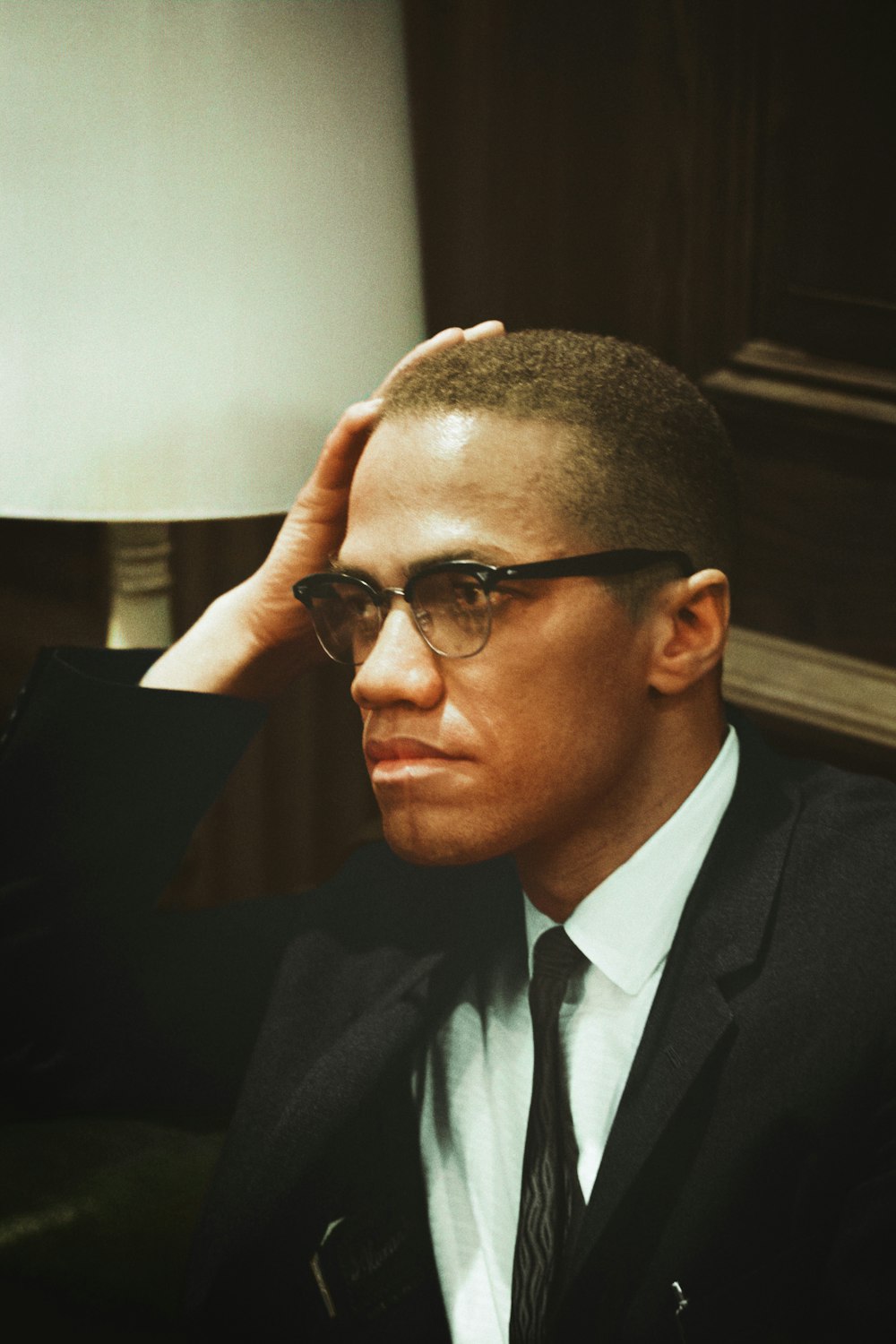
ANALYSIS Kilili Nthiw’a 27 February 2022
Earlier this week on Monday the 21st February 2022, Malcom X would have been approximately three months shy of his 97th birthday. It marked the 57th anniversary of the death of the man who was once under the radar of the Federal Bureau of Investigations with former American chief sleuth J Edgar Hoover once confirming that his institution conducted surveillance on Malcom X due to what he termed as “subversive” activities. But who really was Malcom X and why was he so influential?[1]
Born as Malcom Little in 1925 in Omaha in the agriculturally rich state of Nebraska to Louise and Earl Little, his father was a Baptist teacher and a keen follower of Marcus Garvey, then a towering Pan Africanist. Young Malcom and his family had to move from Nebraska to Michigan, owing to threats from the Ku Klux clan which were ostensibly, racially influenced. When Malcom’s father was killed in 1931 by a white supremacist group called the Black Legionnaires, the authorities claimed that it was an accident. In the aftermath of his death, Mrs. Little and her family were denied her husband’s death benefits.
Little is known or documented of Malcom in his formative teenage years except a few facts. After his mother had suffered a nervous breakdown, he lived at a foster home and fell into wayward behaviour. Following eighth grade, he dropped out of school and began dealing in drugs, gambling and robbery, the latter of which earned him a ten-year prison sentence. During his imprisonment he developed interest in the teachings of the Nation of Islam and its leader, Elijah Muhammad, who preached against systemic oppression of the black people and advocated for a world separate from the one owned by the white people. [2]
Excited by the teachings of the Nation of Islam, Malcom converted to the Muslim faith. Upon release from prison, he changed his surname to “X” to symbolise the shedding of – in his opinion – his slave name as well as include the “X” that many slaves had received as a brand on their upper arm.[3]
Malcom X and the Civil Rights Movement
When Malcom X met Elijah Muhammad soon after leaving prison, he was made the spokesperson of the Nation of Islam and in the process became the minister of Mosque Number 7 in Harlem wherein his oratory skills and sermons saw the membership of the Nation of Islam grow exponentially. Malcom X delivered sermons mainly on self-defence and the need for black people to defend and advance themselves “by any means necessary.” This was in stark contrast to the “non-violent” approach adopted by his colleagues in the Civil Rights Movement, Martin Luther King Jr and Ralph Abernathy.[4]
Malcom X vehemently rejected King’s messages of “non-violence” but openly acknowledged his contributions and recognised him as a “fellow leader of our people”, inviting him to participate in mass meetings, through the early 1960’s.
Despite such overtures, Malcom X remained the fiercest critic of King and his policies. “The only revolution in which the goal is loving your enemy,” “is the Negro revolution … That’s no revolution”[5], was what Malcom X told a packed audience in 1963. After King’s famous “I Have a Dream” speech in 1963, Malcom X reportedly asked his supporters “Who ever heard of angry revolutionists all harmonizing ‘We Shall Overcome’ … while tripping and swaying along arm-in-arm with the very people they were supposed to be angrily revolting against?”
Malcom X later left the Nation of Islam after what he felt was deceit by his mentor Elijah Muhammad, who was accused of sexual misbehaviour, leaving Malcom X with an egg on his face.[6] Although Malcom X later softened his stance after going on a pilgrimage in Mecca, choosing instead to adopt a more religious approach, little is remembered of him in that regard. He was later, as he has predicted, assassinated on the 21st February 1965, only a few months before what would have been his 40th birthday, with his killers exonerated earlier this year.[7]
The Influence of Malcolm X Towards Black Nationalism and a Just Society
Racism is prevalent in almost all spheres of human life in today’s society. The effects thereof reverberate across all social places, from the streets to parking areas and even football stadia.[8]
The strategy that has always been adopted towards combating racial segregation and subordination had been a non-violent approach where it is thought wise to negotiate on issues of discrimination based on racial attributions.
When non-violent means do not work, recourse has to be made to “any means necessary”. At the beginning of the 21st century, where racial violence and oppression still persists, we are all encouraged to sound out new means that finally bring the struggle against racism to a success. The legacy of Malcom X may inspire and warn us at the same time.
Happy Black History Month!
Kilili Nthiw’a is a sports lawyer, independent researcher and a DAAD Legal Scholar at the Tanzanian-German Center for East African Legal Studies at the University of Dar Es Salaam.
[1] https://www.history.com/topics/black-history/malcolm-x
[2] https://www.wesleyan.edu/mlk/posters/malcolmx.html
[3] Ibid.
[4] https://kinginstitute.stanford.edu/encyclopedia/malcolm-x
[5] Malcolm X, “Message to the Grassroots,” in Malcolm X Speaks, ed. George Breitman, 1965.
[6] https://www.wesleyan.edu/mlk/posters/malcolmx.html
[7] https://www.nytimes.com/2021/11/17/nyregion/malcolm-x-killing-exonerated.html
[8] https://www.skysports.com/football/news/11661/12383739/racism-in-football-most-fans-worried-about-witnessing-players-receive-abuse-according-to-yougov-survey-for-sky-sports-news
One reply on ““By Any Means Necessary”: Remembering Malcom X and his Abrasive Racial Separatism Approach”
This is a great read, coming in the heels of the Black History Month. I was enlightened by your detailed assessment of the life of Malcolm X. Kudos.